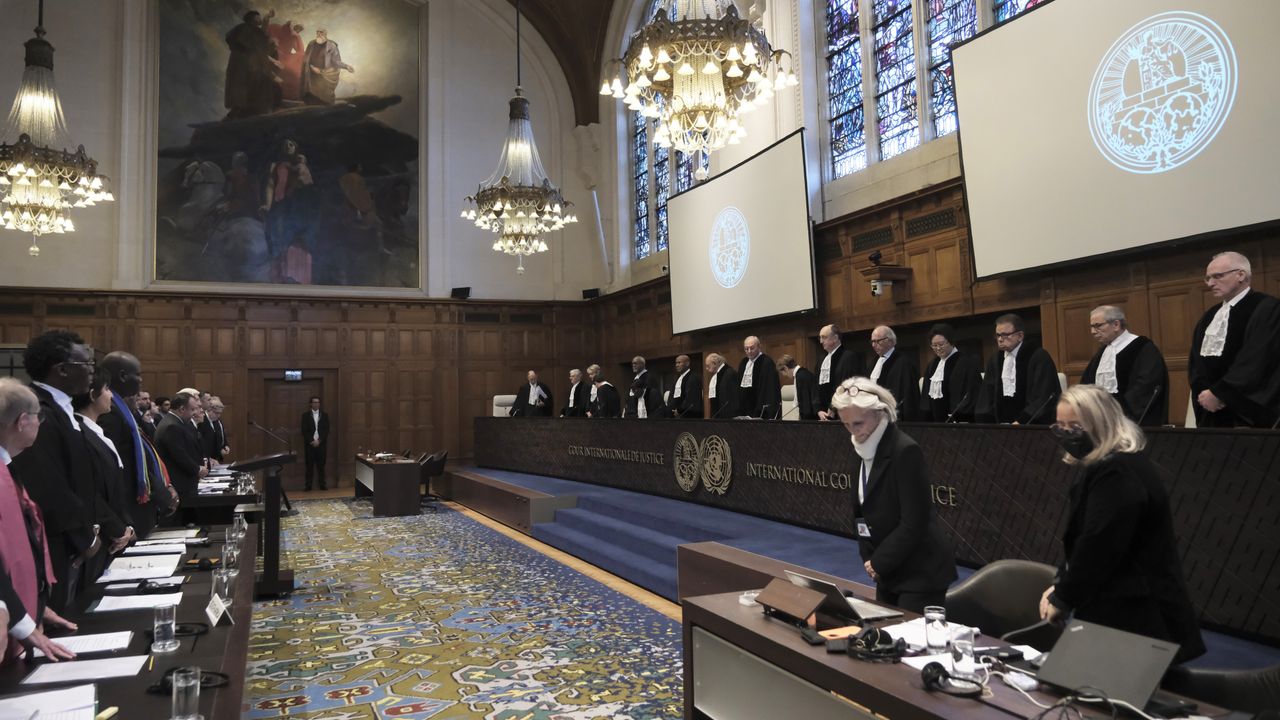Amid mounting international condemnation, Israel faces severe scrutiny for its actions in Gaza, as the International Criminal Court (ICC) and the International Court of Justice (ICJ) issue orders and rulings against the country’s military operations.
In a significant development, the ICC called for the issuance of arrest warrants for top Israeli officials, including the prime minister and defense minister, along with three Hamas leaders. This move comes amidst allegations of war crimes committed by both Israeli forces and Hamas militants during recent conflicts.
Similarly, the ICJ has ordered Israel to halt its military operations in Rafah, describing the ongoing violence as a “bloodthirsty rampage.” However, Israeli authorities have rebuffed these orders, dismissing them as “morally repugnant and disgusting.”
Despite international pressure and calls for a cessation of hostilities, Israel has continued its campaign of violence in Gaza. While Hamas has expressed willingness to halt hostilities, Israeli actions persist, further exacerbating the humanitarian crisis in the region.
The underlying challenge lies in the lack of enforcement mechanisms for these court orders. While ICJ rulings are binding, they require cooperation from the global community, particularly influential Western powers. However, Israel’s strong ties with the United States and certain European states have shielded it from meaningful repercussions, allowing it to act with impunity.
The failure to protect vulnerable populations, as outlined in the ‘responsibility to protect’ principle, underscores the plight of Palestinians in Gaza. Despite widespread international support for Palestinian statehood and condemnation of Israeli actions, practical measures to halt the violence remain elusive.
Calls for action have been made, with suggestions including the suspension of commercial ties and arms shipments to Israel until it complies with ICJ rulings and UN resolutions. Such measures aim to exert pressure on Israel and hold it accountable for its actions in Gaza.
Drawing parallels to past successful global movements, advocates urge organizations like the Organization of Islamic Cooperation (OIC) and the Arab League, along with allies in Europe, Latin America, Africa, and Asia, to unite in enforcing a blockade against Israel. Only through concerted international efforts can the cycle of violence in Gaza be halted and justice be served for the Palestinian people.
